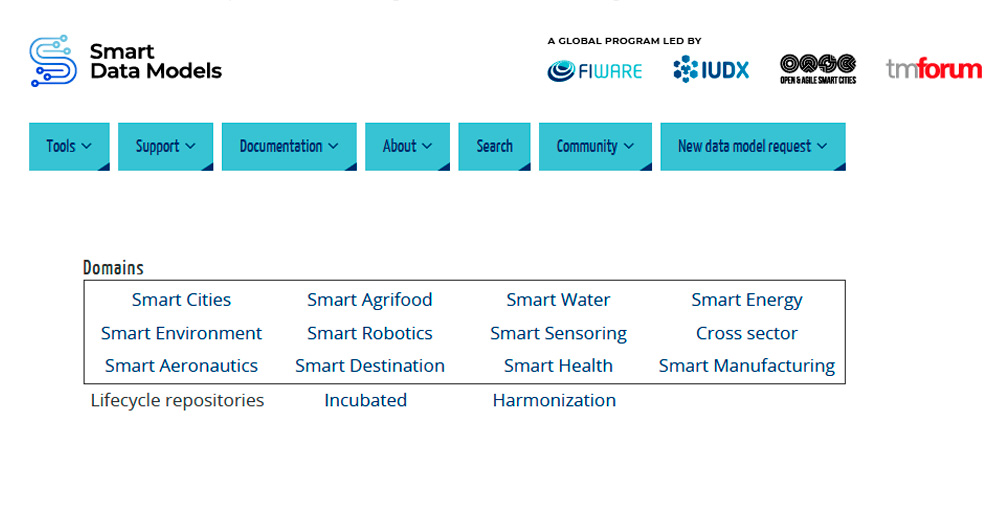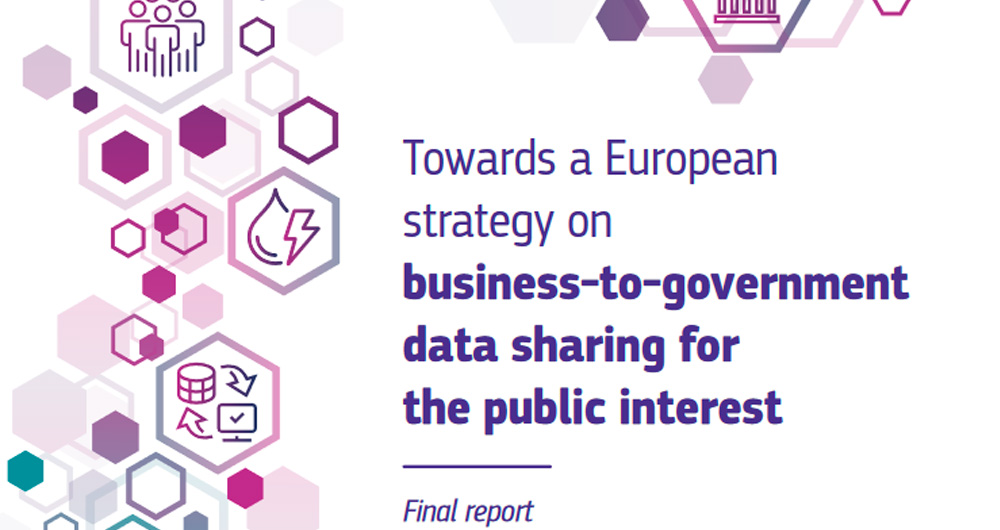10 posts found
Private company data sharing initiatives: success stories
In today's digital age, data sharing and opendatahave emerged as key pillars for innovation, transparency and economic development. A number of companies and organisations around the world are adopting these approaches to foster open access to information and enhance data-driven decision making. Bel…
Safe rooms in Spain: What kind of data can researchers access?
There are a number of data that are very valuable, but which by their nature cannot be opened to the public at large. These are confidential data which are subject to third party rights that prevent them from being made available through open platforms, but which may be essential for research that p…
The agreement to provide statistical data to researchers, in the context of the Data Governance Regulation
The European Union has devised a fundamental strategy to ensure accessible and reusable data for research, innovation and entrepreneurship. Strategic decisions have been made both in a regulatory and in a material sense to build spaces for data sharing and to foster the emergence of intermediar…
Data intermediaries and their role in the Data Governance Act
Data is a key part of Europe''s digital economy. This is recognised in the Data Strategy, which aims to create a single market that allows free movement of data in order to foster digital transformation and technological innovation. However, achieving this goal involves overcoming a number of obstac…
The importance of Smart Data Models
In the current context, digitalisation has expanded exponentially, reaching beyond the boundaries of the private sector and consolidating itself as one of the great challenges in all productive sectors of society. This process has brought with it the massive generation of data from which to extract…
Recommendations for a better use of private data in the European Union
In the framework of european data strategy, one of the issues on which the European Commission is working is to facilitate the exchange of data held by companies with the administrations to improve public services and guide policy decisions. According to the Commission's own definition, theB2G…
Citizen science and open data to help society
Some time ago we talked about the power of citizen science to generate open data. As we explained then, citizen science initiatives seek to encourage citizens to contribute to various scientific activities and research through their efforts, knowledge, tools and resources.
The participatory n…
Open data: the great allies to eradicate inequality
Is it possible to find in the data the necessary help to solve the real problems that our society faces? While it is true that data alone cannot be transformed into food for the most disadvantaged, nor can it make weapons disappear in conflict zones or inequalities in the world, they are very useful…
How open data can help in the refugee crisis
According to the United Nations Agency for Refugees (UNHCR), we are currently witnessing the highest levels of displacement of people registered in recent history. In 2019, it is estimated that more than 70 million people have been forced to leave their homes, including 25.9 million legal refugees,…
Open data as a tool to reduce inequalities
The public sector is not only a great provider of open data, but also one of its main users. Open data facilitates contact and direct communication between governments and citizens. This can drive more efficient and effective public policies.
Among other areas, open data has great potential to devel…









